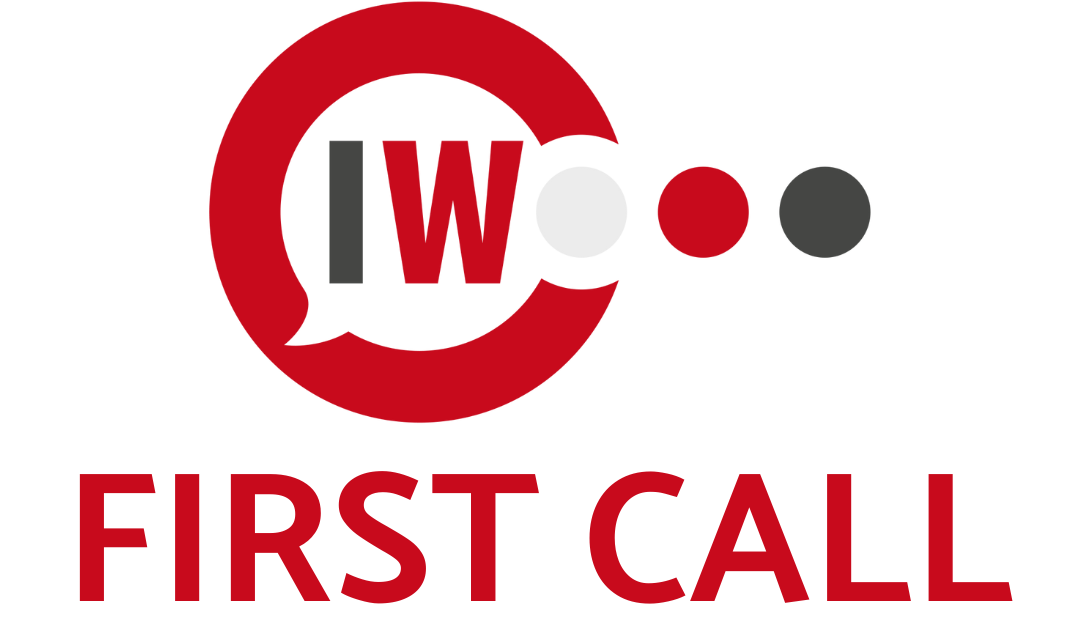In today’s technology-driven era, support services are indispensable. IT support specialists may not always be in the spotlight, but they undoubtedly play a crucial role in the modern business landscape. The amount organizations are spending on IT demonstrates the rapidly changing nature of technology. Gartner estimates that 2023 global IT spending will reach $4.6 trillion in 2023, a jump of 5.1% over 2022 spending. The categories included in Gartner’s estimate are traditional IT components: Communications services, IT services, devices, software and data center systems.
These skilled IT support specialists are responsible for maintaining computer networks within an organization and providing technical support when issues arise. Their in-depth knowledge and years of experience allow them to troubleshoot a myriad of technology-related problems, from configuring hardware to securing sensitive data in the database.
But, what does an IT support job entail? IT support specialists are the workforce that ensures the seamless integration and functionality of technology within an organization. They provide support during business hours, and in many instances, round the clock to ensure operations continue without a hitch. The specialist’s role extends to more than just resolving tech hiccups; it also involves educating computer users on best practices for securing their systems and data, significantly contributing to network security.
Decoding Technical Support: Ensuring Seamless Workplace Technology Integration
Technical support takes many forms, one of which is desktop support. This discipline, as the name implies, focuses on troubleshooting software and hardware issues that inhibit the optimal performance of an individual’s workstation. In more extensive networks, network support specialists come into play, dealing with more complex and large-scale problems that may require a deeper understanding of computer networks and server systems.
According to a Gartner study, businesses can save up to 30% on their IT costs by implementing best practices for IT support and optimizing their technology infrastructure2. In a world where digital technology has become the backbone of many organizations, ensuring that systems are up and running efficiently is not just an option; it’s a necessity.
Let’s put it into perspective with a real-life example. Imagine a global company that operates 24/7, with different teams collaborating across various time zones. Now, what happens when a server crashes or a computer network is unable to resolve a recurring issue? Without the right IT support, the company would face significant downtime, leading to productivity losses, potentially significant financial damage, and customer service disruption.
Therefore, having an IT support provider that can efficiently troubleshoot and rectify issues can have a profound impact on the productivity and success of a company. By resolving technology issues quickly and effectively, businesses can focus on their core operations and avoid unnecessary disruptions.
Riding the Digital Wave: The Growing Impact of Cloud and Cybersecurity in IT Support
In the rapidly evolving digital landscape, the growth of cloud computing has been meteoric, with the global market projected to reach a staggering $832.1 billion by 20251. This growth has brought to the forefront the essential role that IT support services play in providing cloud support to organizations.
Cloud computing, while transforming how businesses operate, also brings with it unique challenges. The task of migrating and managing sensitive data on the cloud is complex, requiring the careful hand of skilled IT support specialists. These support specialists may be responsible for configuring hardware, maintaining server integrity, and ensuring that database systems run efficiently.
Their role is not only reactive; it is also deeply proactive. Many organizations are choosing to invest in cloud support services to keep up with the increasing demands of their workforce. With businesses operating beyond traditional business hours, a robust support system becomes a necessity. Thus, the need for 24/7 IT support has seen a considerable upswing.
However, the move towards cloud computing also heightens the necessity for solid cybersecurity measures. Today’s IT support services must evolve to handle increasing network security threats. IT support specialists play a crucial role in implementing best practices for securing computer networks within an organization. Cybersecurity is a major part of their support job, where they act as the first line of defense against threats like phishing and other cyber-attacks.
Finding the Right IT Support: Criteria for Selection and Evaluation
In the age of digitization, businesses understand that the right IT support can make a world of difference. A survey by Deloitte revealed that 59% of companies outsource their IT functions to improve their service quality and gain specialized expertise. But how can businesses ensure they find the right support provider?
Firstly, it’s essential to look for IT support providers with several years of experience and an in-depth understanding of your specific industry. The ability to provide technical support to various technology-related issues, from desktop support to network support, is a must.
Secondly, the right IT support provider must offer excellent customer service. This means being able to respond quickly when a company is unable to resolve an issue, regardless of the time of day. The provider’s ability to adhere to strict security standards for protecting sensitive data is also vital, as is their proficiency in managing compliance within complex regulations.
Lastly, don’t overlook the human element. An IT support provider should ideally fit well within an organization’s culture. This compatibility helps to foster a positive and efficient working relationship.
Now, imagine an IT support provider that checks all these boxes, offering robust technical expertise, exceptional customer service, and a perfect cultural fit. That’s what you get with IWFirstCall. We go the extra mile to understand your specific industry needs and ensure seamless technical support. Our dedication to maintaining strict security standards, combined with our expertise in managing complex regulatory compliance, makes us an ideal choice for businesses that value reliability and peace of mind.
IT Support in the Future Workplace: Preparing for New Technology Frontiers
As we gaze into the future, it’s clear that IT support will continue to be an integral part of businesses. According to IDC, worldwide spending on digital transformation technologies is expected to reach $2.3 trillion by 2023. Such staggering figures indicate how significantly technology will continue to shape our lives, and with it, the landscape of IT support will also evolve.
As the integration of AI and automation becomes more commonplace, the skill set required for an IT support job will change. While some tasks will be automated, others may require a new level of expertise. For example, AI could handle basic customer service queries, while more complex issues would need the intervention of a human IT specialist.
Moreover, the future will see an increased focus on network security. With sensitive data being shared across computer networks, securing these networks will become even more critical.
With these changes on the horizon, businesses need to future-proof their IT support systems. This involves staying abreast of technological developments and nurturing a culture of continuous learning within their IT support teams. As we venture into these new technology frontiers, the importance of having the right IT support cannot be overstated.






